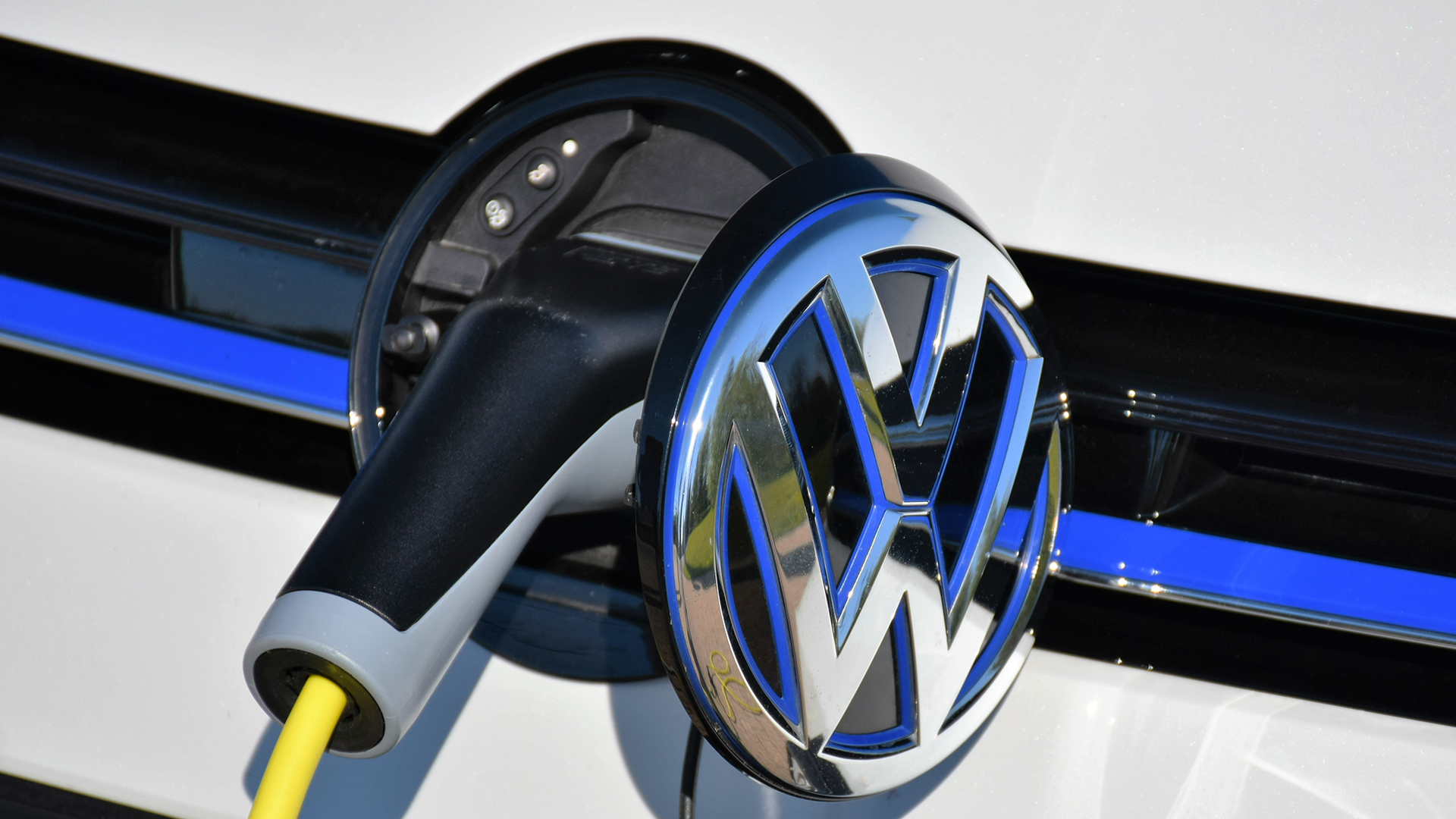

As part of its diesel-emissions settlement, Volkswagen agreed to spend $2 billion promoting zero-emission vehicles. Electrify America, the program created to oversee those funds, will launch two car-sharing services using electric cars in Sacramento, as well as several other projects in the California capital.
One service, called Gig and launched in collaboration with AAA Northern California, Nevada, and Utah, uses a “free-floating” system that allows users to pick up and drop off cars at any legal public parking space within a 13-square-mile “home zone.” Users find and reserve cars through a smartphone app and are charged for rental time or distance traveled, whichever is cheapest. Gig will launch in 2019 with 260 cars, all equipped with roof-mounted bike racks. More than 70 percent of the census tracts for Gig’s proposed home zones cover low-income of disadvantaged communities, according to Electrify America.
The second service, launched in collaboration with Envoy Technologies, requires users to pick up and drop off cars at the same location. Cars will be located at apartment buildings and offered as an amenity to residents. Electrify America and Envoy will deploy 142 cars across 71 locations. Each car will also get its own Level 2 AC charging station. Electrify America said it will allow drivers to use cars for “gig economy” freelance jobs, similar to Maven’s Gig program. The service will launch this summer.
In addition to the car-sharing services, Electrify America will spend between $11 million and $14 million on two public-transportation services. An electric bus service with a fleet of 12 buses will connect UC Davis and Sacramento. An on-demand shuttle service operated by Sacramento Regional Transit will also switch its three-vehicle fleet to electric power using Electrify America funds.
Finally, Electrify America will spend between $14 million and $16 million on charging infrastructure for the Sacramento region. The total investment includes Level 2 AC charging stations for the car-sharing services, charging stations for the bus and shuttle services, and at least 10 public DC fast-charging stations. These stations will be able to charge at anywhere from 50 kilowatts (most commonly used by today’s stations) to 150 or 350 kW, according to Electrify America. The higher power levels allow for a faster rate of charging.
Electrify America has committed to spending $800 million in California over the next 10 years on projects related to zero-emission vehicles. While the program’s mandate does cover other forms of propulsion, the focus will likely continue to remain on battery-electric vehicles. Electrify America also plans to build 2,800 charging stations nationwide by 2019.